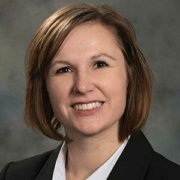Problem
Exposure to chronic stressors (poverty and discrimination) or adverse childhood experiences (abuse and neglect, parental mental illness and substance abuse, or family violence) can disrupt babies’ healthy brain development, creating lifelong negative impacts on learning, behavior, and health. Too many young children are starting life at a disadvantage, leading to poor health and education outcomes which make life much harder for the individuals and create high costs for society (treating complex physical/mental health issues, substance abuse treatment, criminal justice costs, etc.).
Solution
Scientists and economists agree that investing in high-quality early childhood development programs – such as home-visiting programs, early care and education, developmental and behavioral health services, and parenting and family support- produces the greatest benefits to children, families and society, yet public investment in very young children is low. I worked with local child advocates to establish and secure funding for a Thrive by Three Fund which will help our most vulnerable babies, toddlers and their families with the tools they need to be healthy, educated, and resilient. We will be tracking progress toward a number of outcomes, including: more prenatal care for young mothers in the first trimester; fewer preterm and low birthweight babies; fewer mothers and fathers reporting hardships and emotional distress during pregnancy and the child’s first three years of life; less child maltreatment and entries into foster care among infants and toddlers; and increased access to high-quality care and early learning opportunities.







